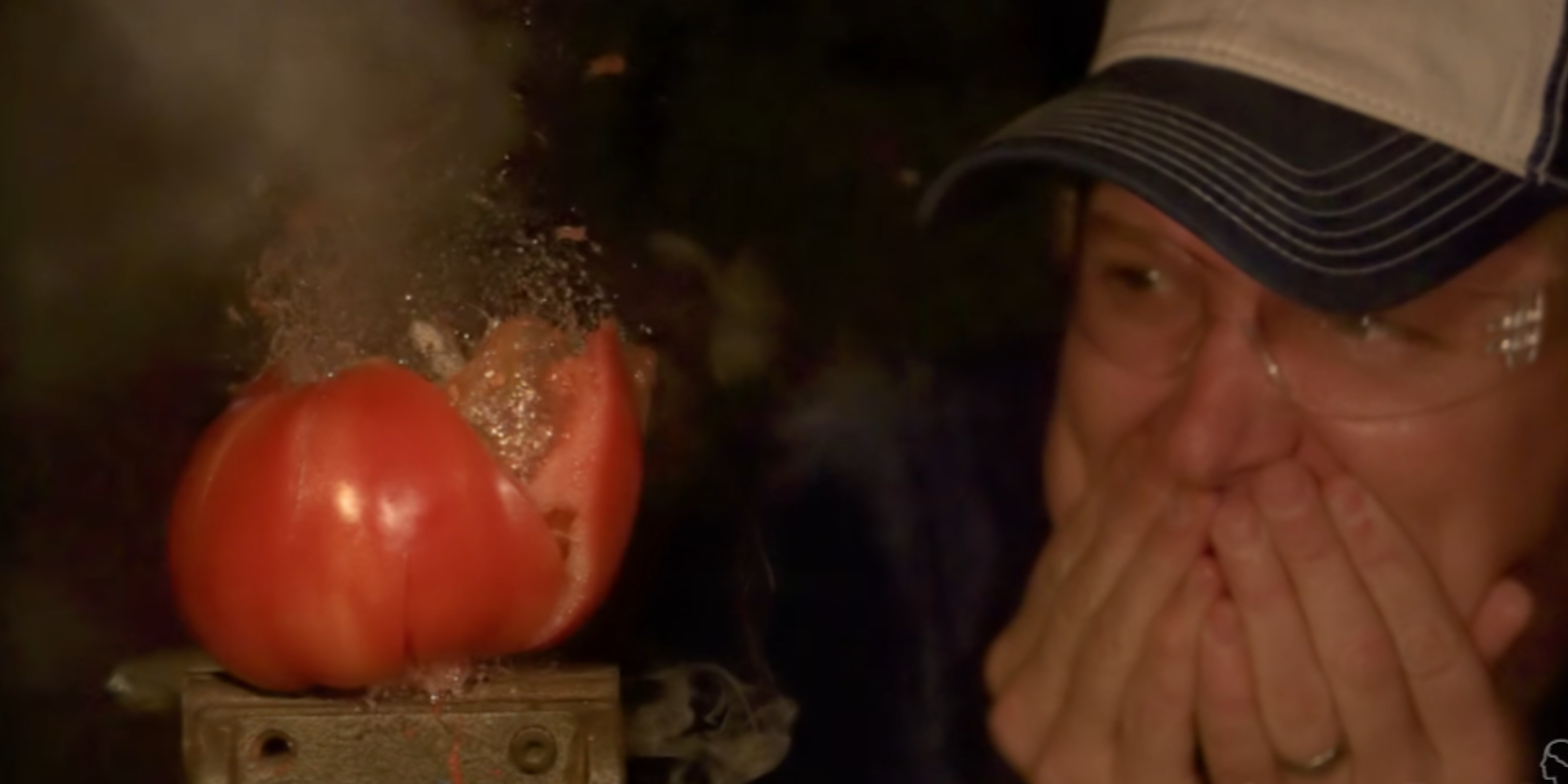In an effort to combat the spread of fake news, Google wants to partner with at least two YouTube science channels to assist in its literacy efforts, Polygon reported Wednesday.
Over the next two years, Google wants to spend a total of $10 million to help educate children about which news is real and which is not. As Polygon notes, Google is planning to team with science channels like AsapSCIENCE (7.5 million subscribers) and Smarter Every Day (5.5 million subscribers) to help with that enterprise.
According to Google, both sites are interested in working together to help the cause. Other channels that focus on education or news also could be interested in helping children determine whether the YouTube video they’re watching or the news article they’re reading is legitimate.
The timing of the report isn’t all that surprising, considering YouTube has recently faced questions about why children are seeing conspiracy theory videos on the YouTube Kids app and why the site can’t stop other disturbing content from reaching the eyes of younger views.
The site has also been beset with other conspiracy videos in the wake of domestic terrorism and school shootings, and the site’s algorithm has helped lead millions of people to that content. At the South by Southwest tech conference last week, YouTube CEO Susan Wojcicki said the site would begin implementing “information cues” (as one example, a link to Wikipedia) on some videos that would help lead people to more truthful information.
“If there is an important news event, we want to be delivering the right information,” Wojcicki said.
While it’s incumbent on YouTube to take that stance, it would also be nice to see the younger generations learning what to look for when the presence of fake news is nearby. Perhaps some of the platform’s most popular channels can help with that.


